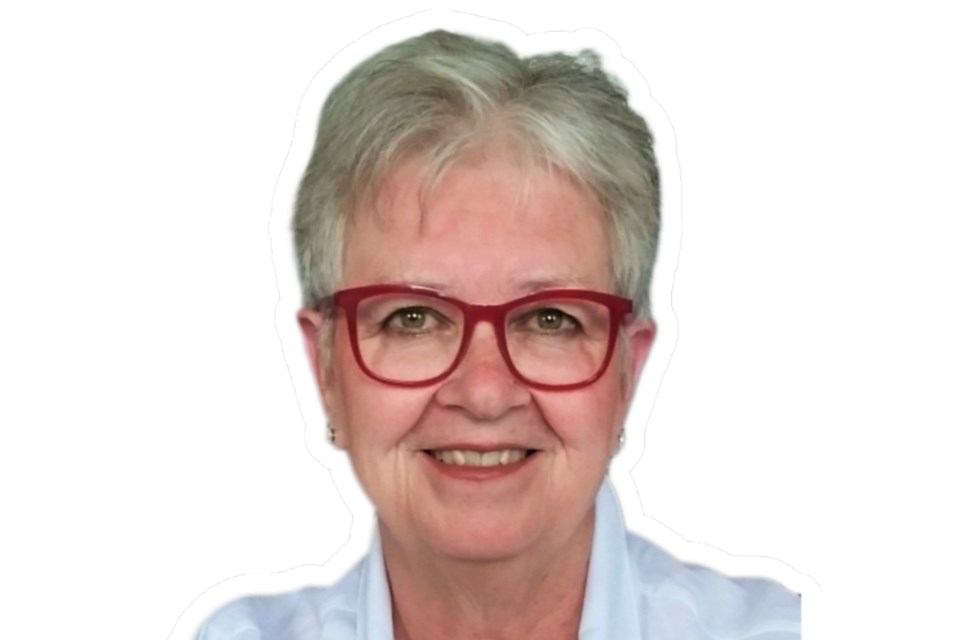There is no lack of terrifying and distressing news about the climate. Climate change is rapid and intensifying. A recent headline announced we are in the “Era of Global Boiling," so it’s easy to feel the doom and gloom. But with a new year comes a sense of hope. We can re-frame the conversation about climate change. Humans are driving global warming, but humans can and are finding solutions.
There are creative solutions happening. Sweden is building its first fully electrified road that will charge electric cars while travelling. Last August in Ireland, wind power generation temporarily exceeded the total demand for electricity.
A former coal-field community, Gateshead, England, is using the water that has filled abandoned tunnels to heat hundreds of homes. The world’s first green container ship was christened in Denmark last September, running entirely on green methanol. California’s High Speed Rail Authority is working on what could be the first high speed train to be powered entirely by renewable energy.
A greener death is possible — Aquamation, water cremation, is a sustainable alternative to cremation that does not burn fossil fuels and is available in Ontario. Toronto Western Hospital is partnering with Noventa Energy and the City of Toronto to use the city’s sewage in a heat-recovery system that will heat and cool the hospital. In Nova Scotia, drivers can smart-charge their vehicles by aligning their charging to peak periods of wind generation. Kingston’s Li-Cycle is making electric vehicle production more sustainable by recovering the critical minerals in lithium-ion batteries. They can recover up to 95% of the materials in old batteries. Innovation abounds!
Businesses are rapidly working on solutions and many government policies are coming online to meet net-zero standards. Where is the opportunity for us to play a role? There are plenty of simple things we can do — buy less, a lot less; rein in our power use, obsess about our water usage, rethink our laundry routine by using laundry sheets and wool dryer balls, clean and replace HVAC filters, and lower the temperature by a degree or two. Get loud — talk to people about what you are doing to live more sustainably and tell politicians you expect more responsible and urgent policies to mitigate emissions.
These actions all help, but to really drive the highest impact, the top five actions for households are installing heat pumps, installing solar panels, electrifying travel, reducing food waste, and replacing gas appliances with induction cook-top stoves and heat pump water heaters. The planet needs healing, and it needs climate action by everyone, all at once, with speed. There is hope if we all pitch in.
Louise Montague is a member of the New Tecumseth-based non-profit group Greys for Green. She is on a journey to reduce her carbon footprint and is interested in helping others learn how to take meaningful steps towards living a sustainable lifestyle. Contact Greys for Green at [email protected] or follow them on social media.



